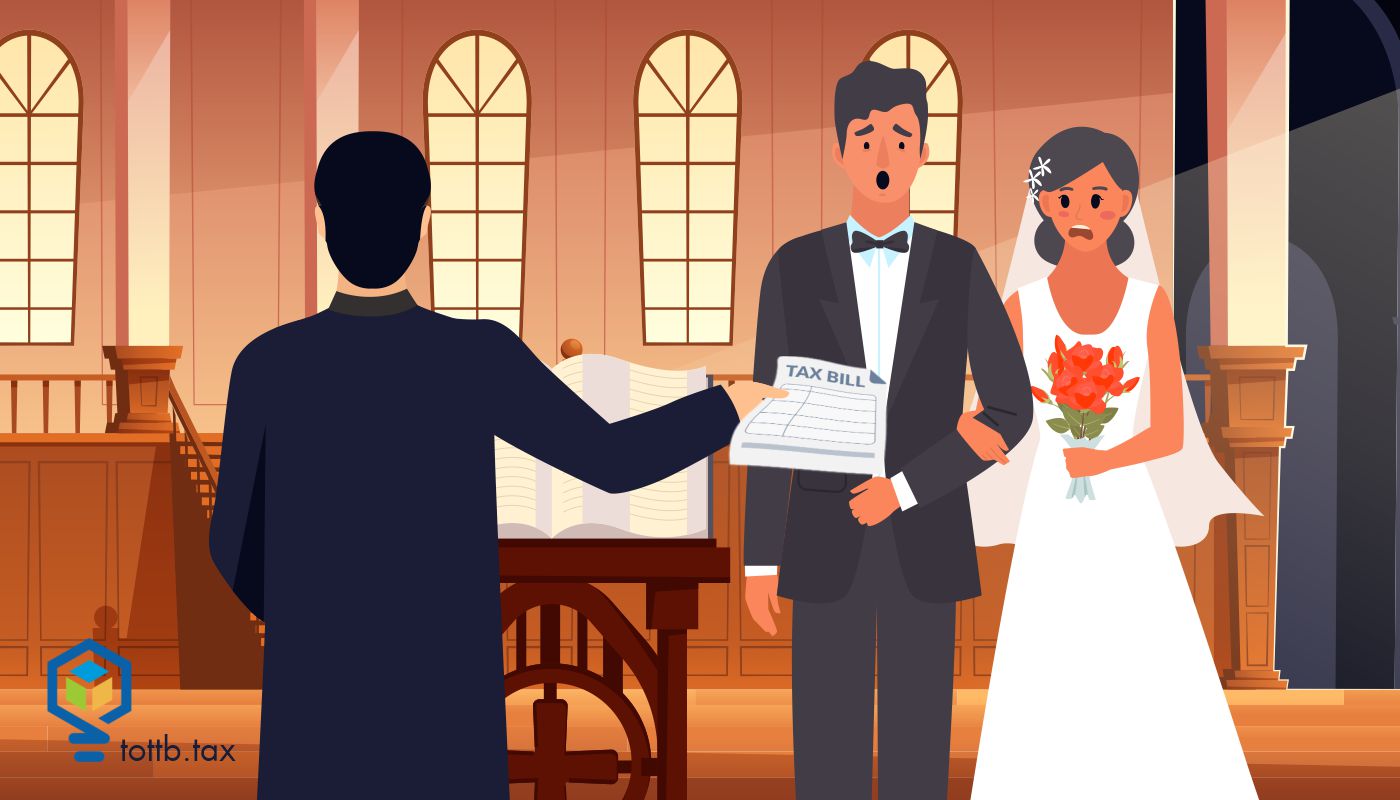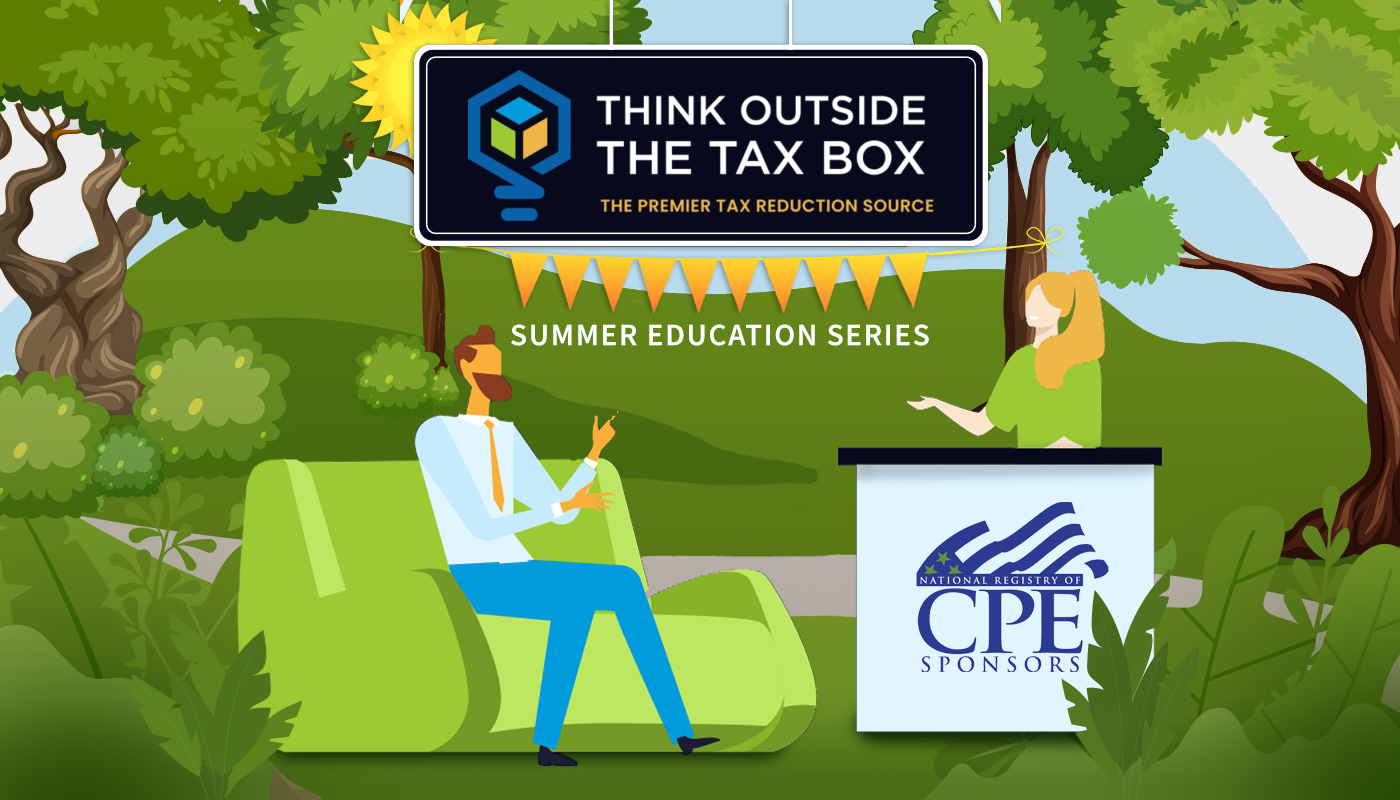10 Reasons Your Clients Should Get a Tax Divorce
As a married individual, you can select a tax filing status as either married filing jointly or married filing separately, and in some cases neither of these statuses achieve what is possible for two single taxpayers each filing their own tax return. In many cases it can seem you are getting penalized for being married in the U.S.
You may get frustrated that you seem to keep getting hit with “wealth taxes or penalties.” Of course, you may not refer to it that way. But when you see things like the Alternative Minimum Tax, The Net Investment Income Tax, the Additional Medicare Tax, and a whole variety of other taxes that are higher for married filers than they are for two single people…you may be tempted to think about a divorce.
And “live in sin”?
No matter your personal beliefs there are at least 10 tax attributes that cost married filers more than two single people. In some instances, children are in the mix, as they relate to specific credits. Some of these situations only apply to wealthy couples. Some only apply to those earning $50,000 or less or seniors.
These attributes, commonly known as the so-called “marriage penalty” refer to situations where it may pay to file as two single individuals rather than as a married couple. However to qualify, you cannot legally be married as of December 31.
To learn more about these penalties and find out how to work around them, continue reading.
Read More












